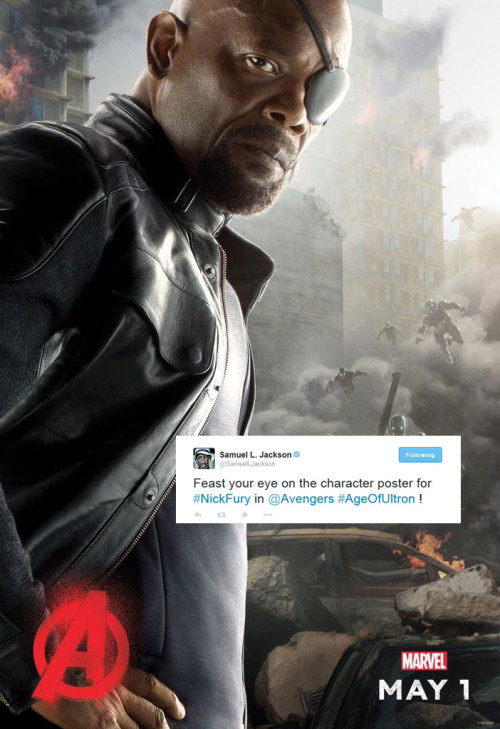The ability of social media to personalize and humanize is a power that can’t be underestimated. Whether you’re a person building your individual career brand, a product trying to create a brand identity, or a corporation trying to seem less “corporate,” social media gives you the voice and the place and the immediacy to be human and real in a way that other media just don’t.
The flip side of this is that an actor can’t disappear in his roles anymore; a spokesperson isn’t enough for a company; a CV isn’t enough for an aspiring employee. Transparency is the norm: with the ability comes the expectation.
As a wee baby intern, one of the higher-ups I respected most was straightforwardly NOT personal at work. Who they were at home, I grew to see as we became friendly, was entirely different than at work. It was a a very deliberate division that they acknowledged frankly. Much as I admired them, and as well as it had worked, it never sat right with me as a personal choice.
Today, we show our faces and ourselves, not just professional facades. There are plenty of people and brands that have figured out how to do this right and used this to their benefit, but the one I’m most impressed by this week is Marvel.
They galvanized their fans with a Twitter Flock to Unlock campaign for the latest trailer for “Avengers: Age of Ultron.” (While Flock to Unlock was first offered in August of last year, this was, as their press said, “the first-ever worldwide Flock to Unlock trailer release”.) It worked: fans tweeted “#avengersassemble” 8100 times a minute, trending in seven countries before the goal was reached and the trailer was posted.
But they’re keeping their actors personally involved. A set of posters featuring the main characters was published – not by the studio, at a convention or in a magazine, but individually – by the actors’ tweets.
So fans work en masse, while corporate messages are communicated by individual messages. The Hollywood of a couple of generations ago, with fan letters and studio press statements, has been turned on its head.
You can argue that it makes the job harder or easier, depending on your point of view. But backstage is fair game, these days, and that’s where we want to see most.


